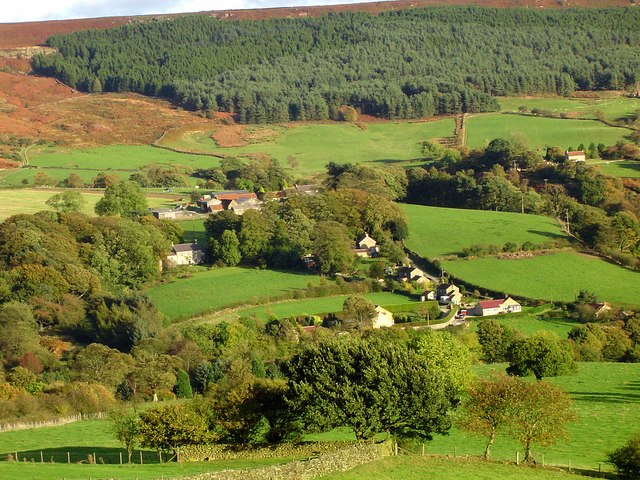
Decoding Our Place Names
We aren’t attempt to decode all the place names in the UK here, as that’s rather impractical! Instead, let’s explore specific families of place names and what they reveal about these locations.
Animals
A logical place to start is Swindon (where I grew up), which is derived from “Swine Town” or “Pig Village.” Swindon belongs to a family of towns named after livestock that were once farmed or sold there. Oxford, for example, means a “ford for oxen,” while Hertford refers to a “ford for harts” (another word for deer). Gateshead means “Goat Promontory,” and places like Painswick are connected to the Old English word “wic,” meaning farm or dairy farm.
Religious Settlements
While Westminster is often associated with the Houses of Parliament, Westminster Abbey is more relevant when considering the origin of the name. “Minsters,” such as Westminster, Axminster, and Kidderminster, were originally religious settlements populated by communities of clergy.
Similarly, the name Davidstow (which you might recognise from the brand of mature cheddar produced in Cornwall) doesn’t come from cheese. “Stows” were originally religious meeting sites. Davidstow, meaning “David’s Place,” was founded by Saint David in the 6th century. Other examples include Padstow, Chepstow, and Felixstowe, all of which have religious origins.
Rivers And Streams
Towns ending in “mouth” (such as Plymouth, Exmouth, and Dartmouth) are named after the river mouths where they are located. Meanwhile, places named for their proximity to brooks often contain “burn” or “bourne,” as seen in Blackburn, Glyndebourne, and Winterbourne.
Roman Military Links
While many place names have Anglo-Saxon or Old English roots, Roman influence is also prevalent in England’s toponyms, (place names). The Latin word “castrum,” adopted in 5th-century Britain to denote a Roman military camp, gave rise to words like Chester, Caster, and Cester, as well as towns such as Chester, Leicester, Cirencester, Gloucester, Exeter, Lancaster, and Caister.
A Nod To The Normans
Norman elements in place names often indicate noble ownership. For example, King’s Lynn, Queensborough, Bishops Stortford, and Abbots Leigh were once owned by a king, queen, bishop, and abbot, respectively.
Celtic Influence On Place Names
The Celts, who lived in Britain before the Romans, left a few recognizsble place names, especially in Wales and Cornwall. “Coombe” or “combe,” derived from the Celtic word “cym,” refers to a valley. Examples include Ilfracombe, Salcombe, and Crowcombe. And Wales, in its native language, is named Cymru.
Our place names provide a window into the country’s history. From farming and religious origins to Roman and Celtic connections, each name is highly informative, but of course, we are just scratching the surface.
If you are interested in studying History or Geography, Oxford Open Learning offer the chance to do so at several levels, listed below. You can also Contact Us.